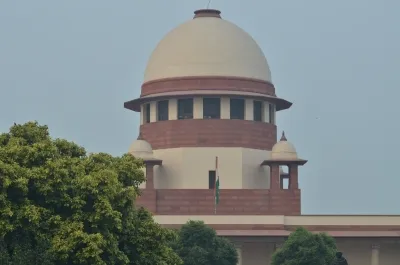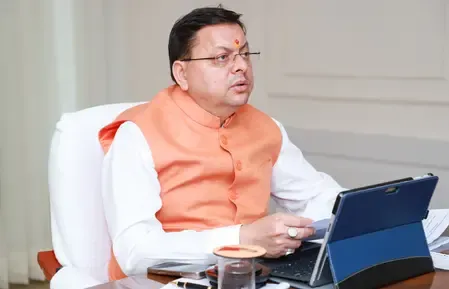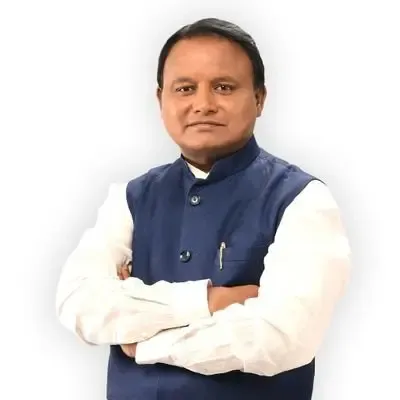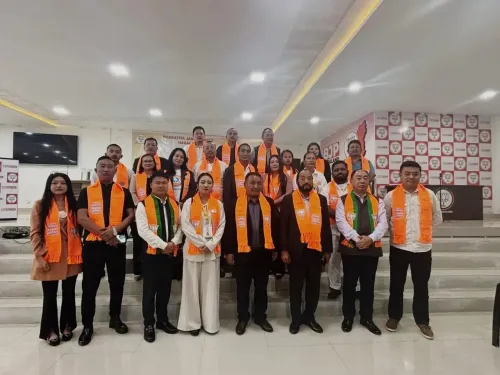Have the SC Collegium Recommended Judge Appointments in 6 High Courts?

Synopsis
Key Takeaways
- Supreme Court Collegium recommends judicial appointments in six high courts.
- CJI B.R. Gavai leads the Collegium.
- Judges from various backgrounds, including advocates and judicial officers, are included.
- These appointments are essential for upholding the rule of law.
- The recommendations follow the Centre's approval of 19 other judges in various high courts.
New Delhi, July 29 (NationPress) The Supreme Court Collegium, led by Chief Justice of India (CJI) B.R. Gavai, has put forth recommendations for the appointment of judges in six different high courts across the nation.
The Collegium has sanctioned the proposal for appointing judicial officer Vimal Kumar Yadav as a judge in the Delhi High Court.
During its meeting on Monday, they also endorsed the names of three advocates, Ajit Bhagwanrao Kadethankar, Aarti Arun Sathe, and Sushil Manohar Ghodeswar, for judgeships in the Bombay High Court.
Additionally, the Collegium approved the continuation of Additional Judges - Justice Harinath Nunepally, Justice Kiranmayee Mandava @ Kiranmayee Kanaparthy, Justice Sumathi Jagadam, and Justice Nyapathy Vijay - as permanent judges in the High Court of Andhra Pradesh, as stated on the apex court’s website.
Furthermore, the Collegium has proposed the appointment of Justice Ravindra Kumar Agrawal as a permanent judge of the Chhattisgarh High Court.
The recommendations also include the appointment of Additional Judges Justices Partha Sarathi Sen and Justice Apurba Sinha Ray as permanent judges in the Calcutta High Court.
"Moreover, the Collegium has resolved to recommend the following Additional Judges for a fresh one-year term in the Calcutta High Court: (i) Shri Justice Biswaroop Chowdhury, (ii) Shri Justice Prasenjit Biswas, (iii) Shri Justice Uday Kumar, (iv) Shri Justice Ajay Kumar Gupta, (v) Shri Justice Supratim Bhattacharya, (vi) Shri Justice Partha Sarathi Chatterjee, and (vii) Shri Justice Md. Shabbar Rashidi," the statement noted.
The Collegium has also approved the proposal for the appointment of Additional Judge Justice Gurusiddaiah Basavaraja as a permanent judge in the Karnataka High Court.
The latest recommendations from the Supreme Court Collegium follow the Centre's approval on Monday for the appointment of 19 judges in the Telangana, Madhya Pradesh, and Gauhati High Courts.









